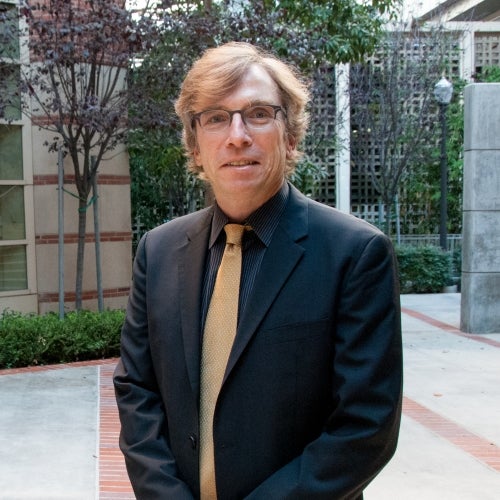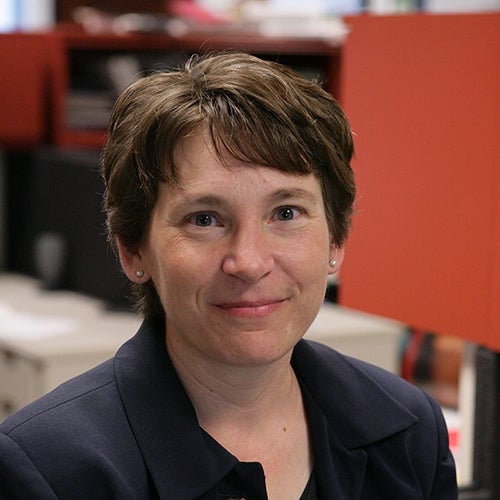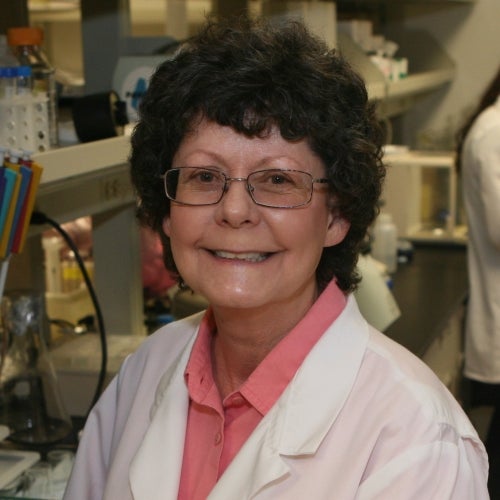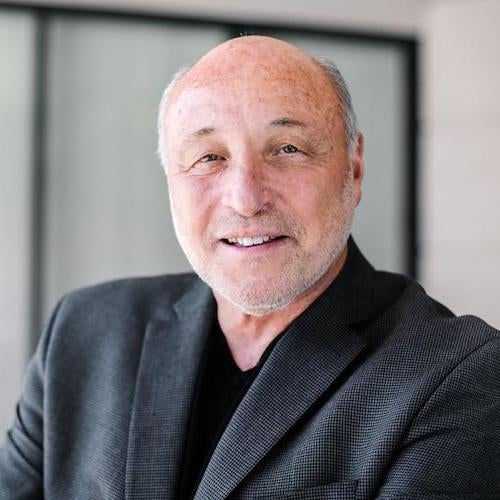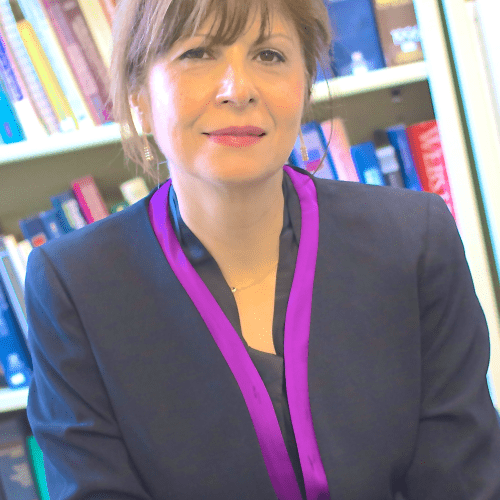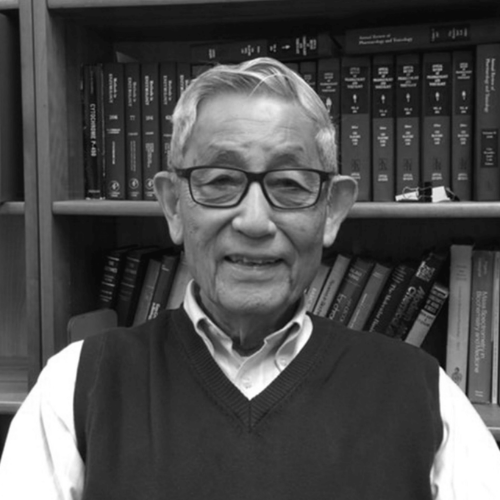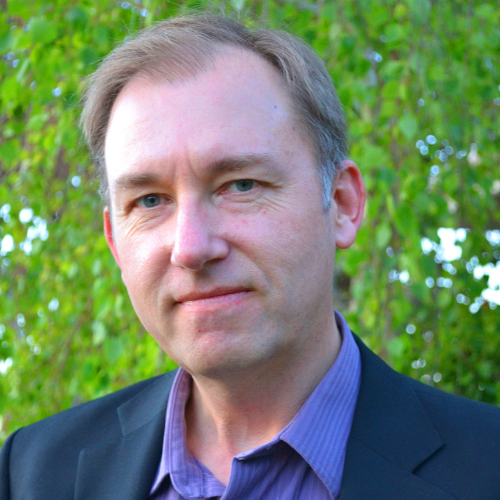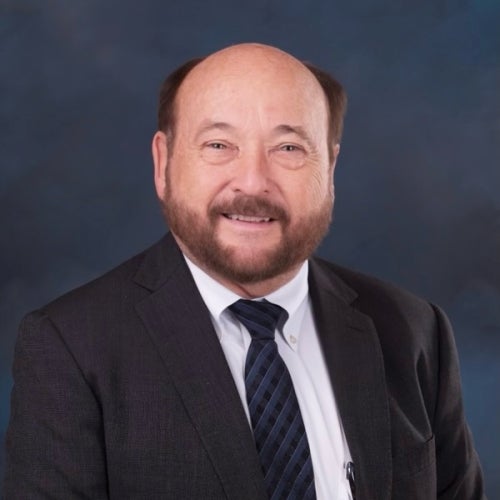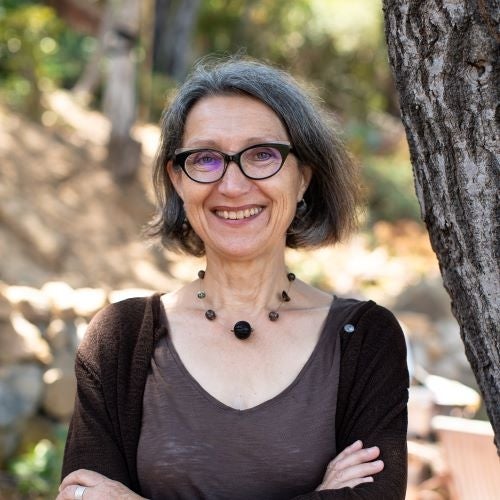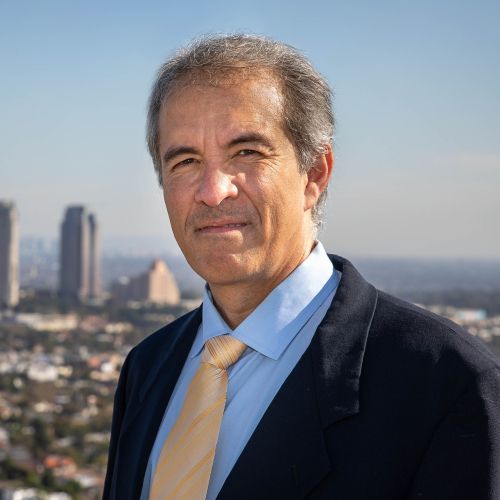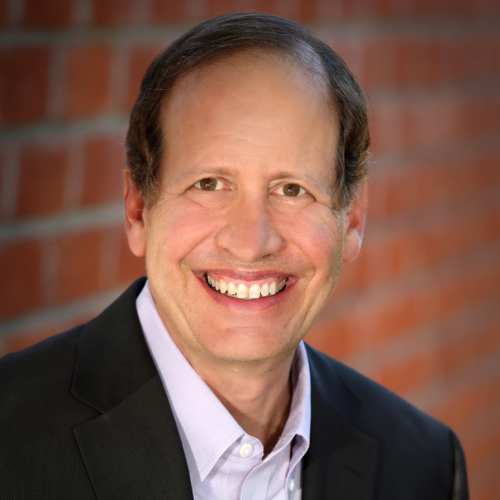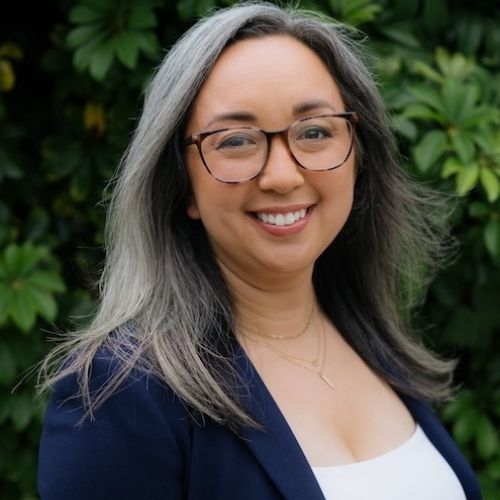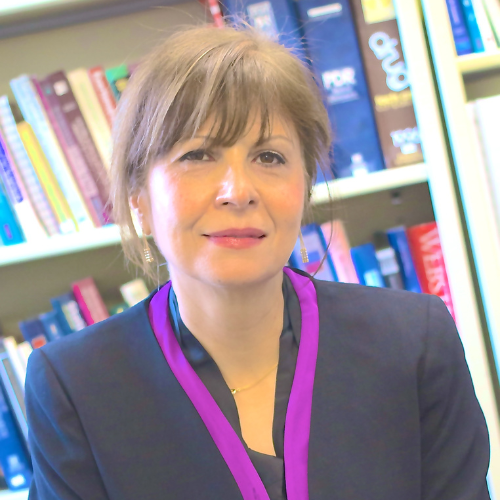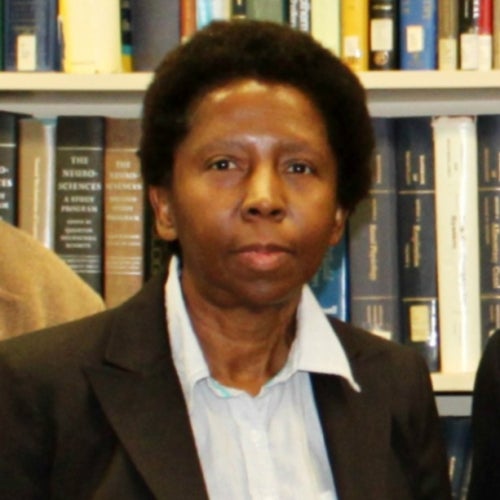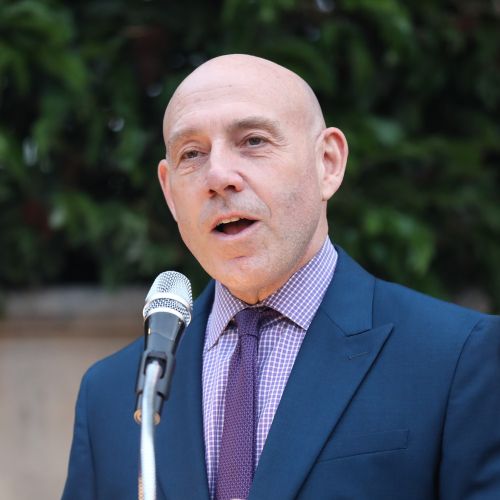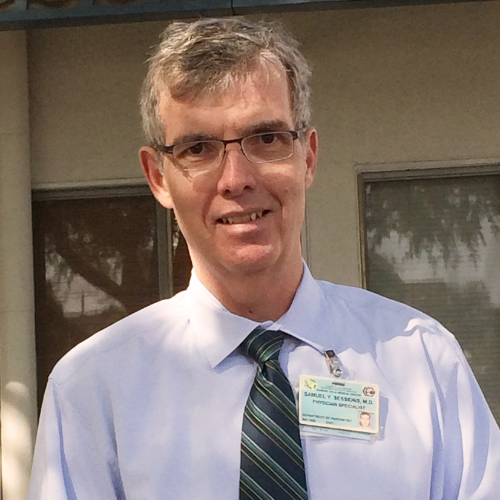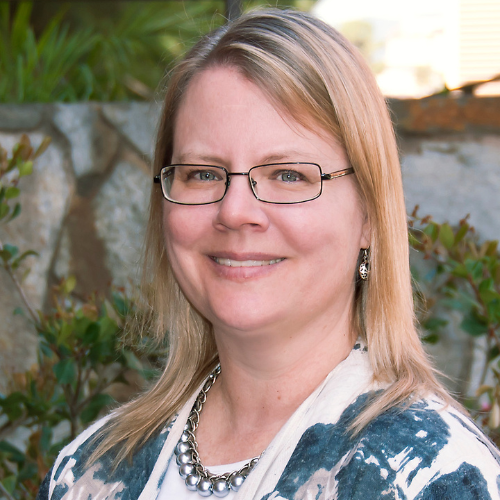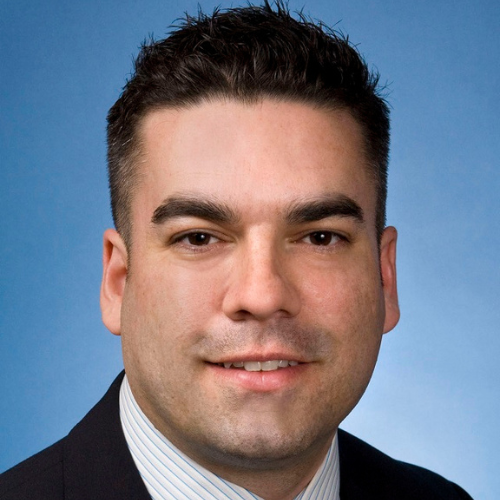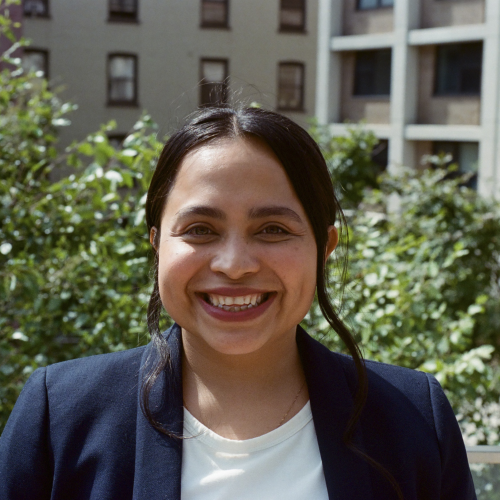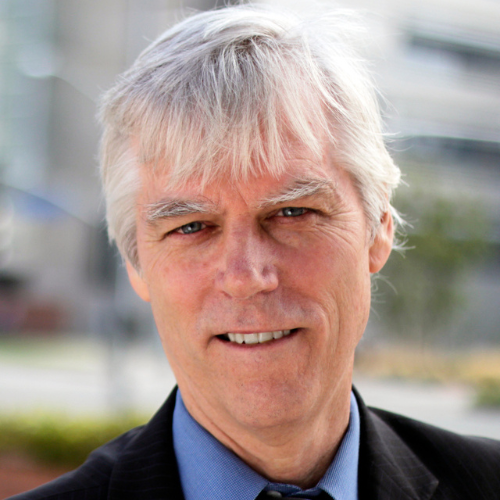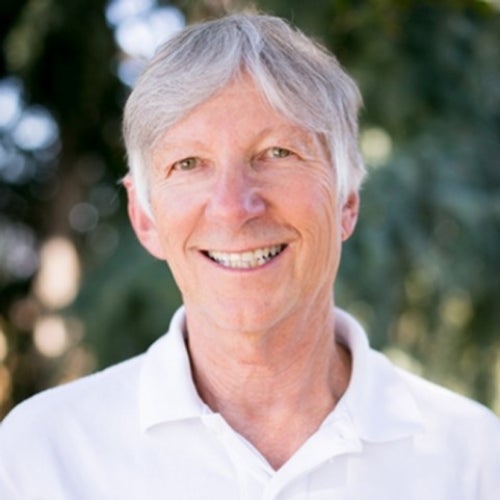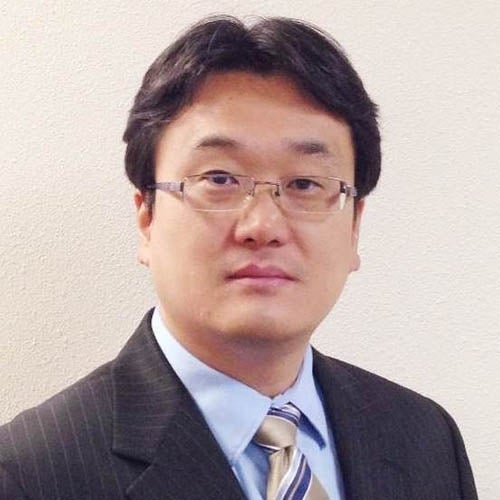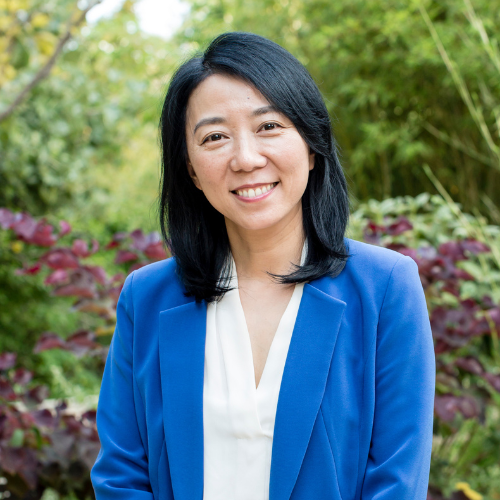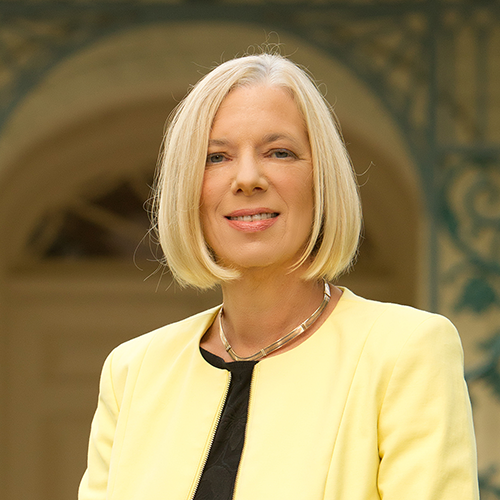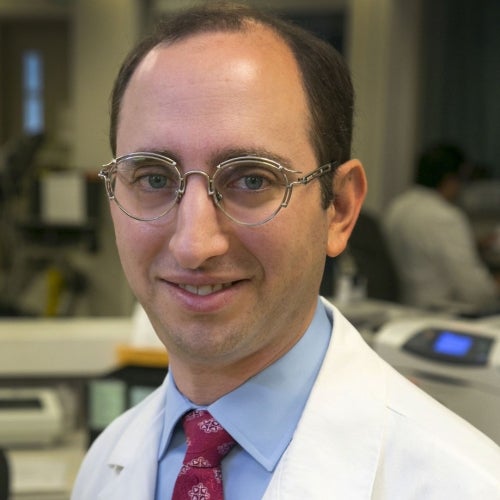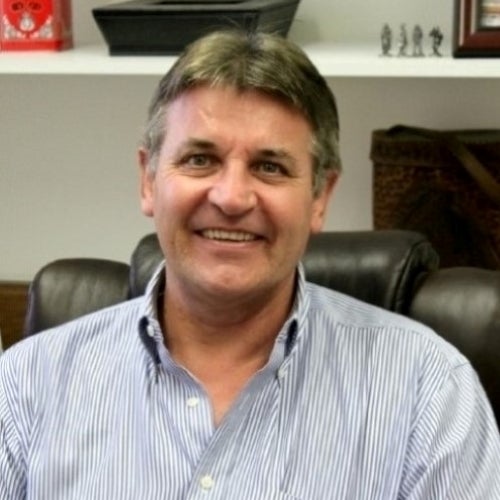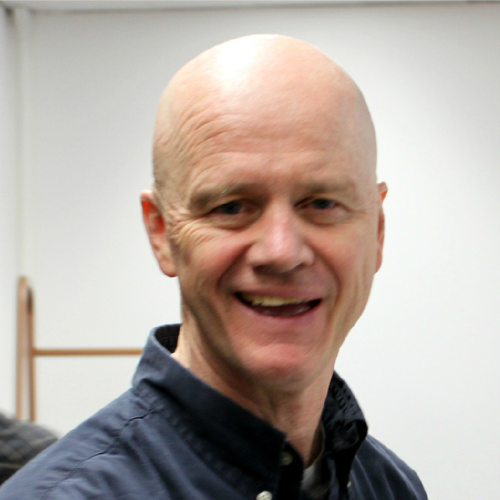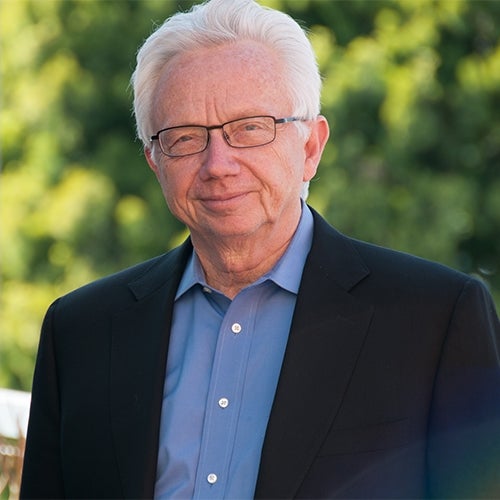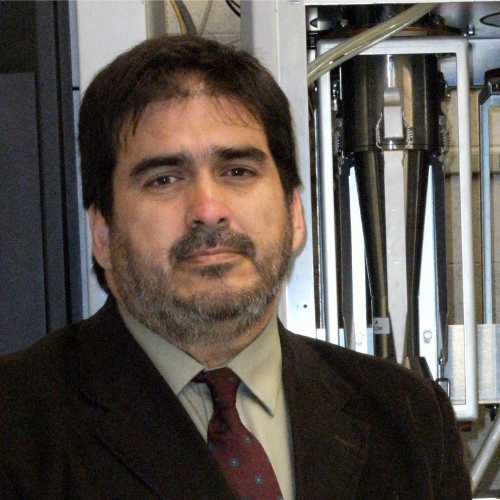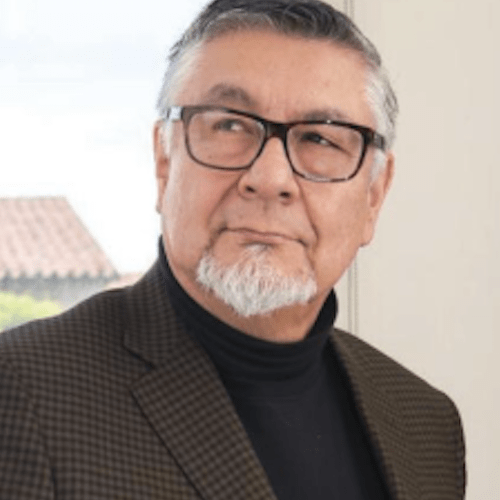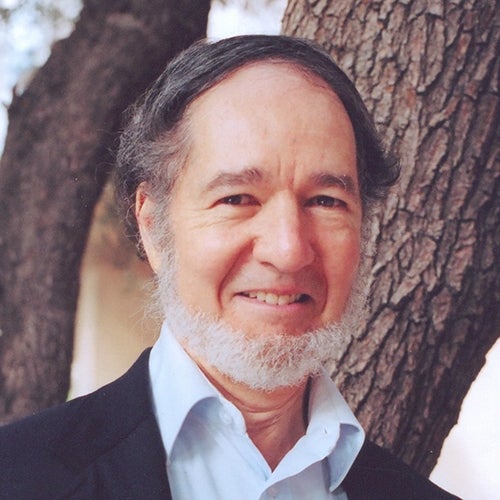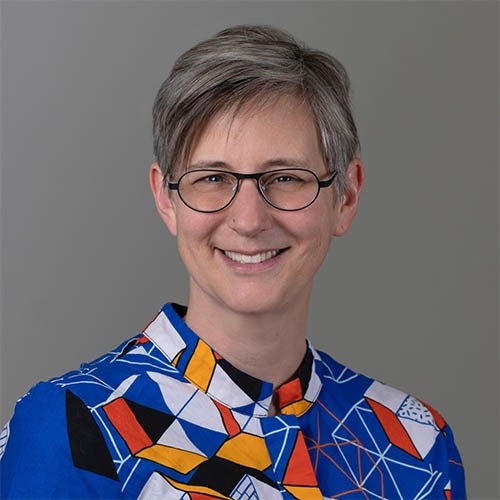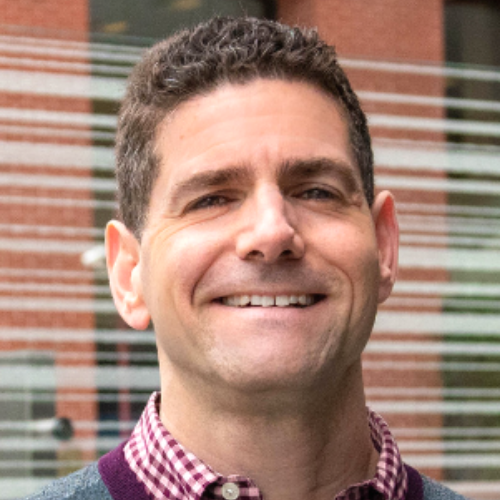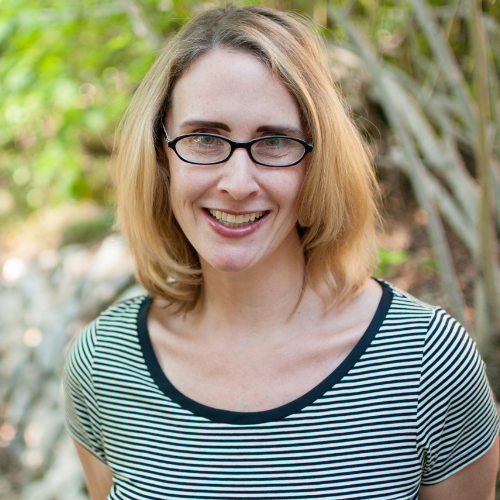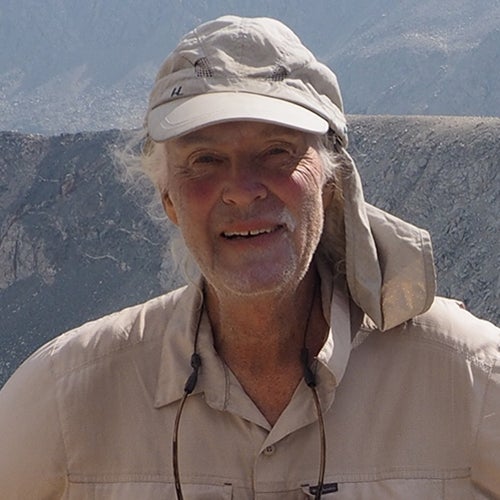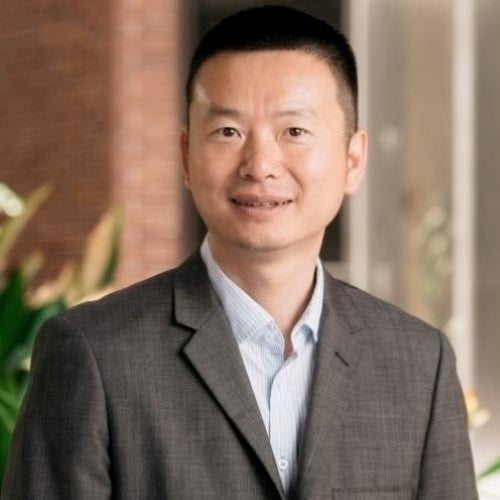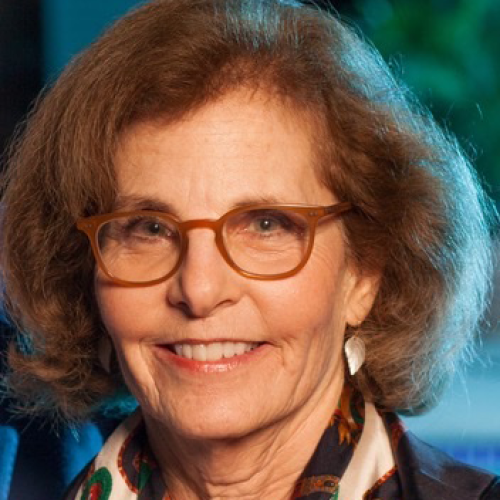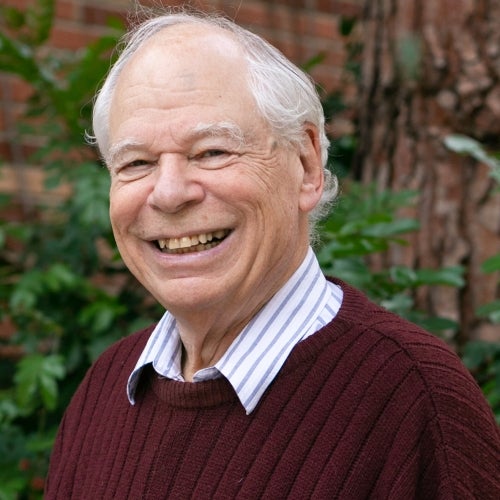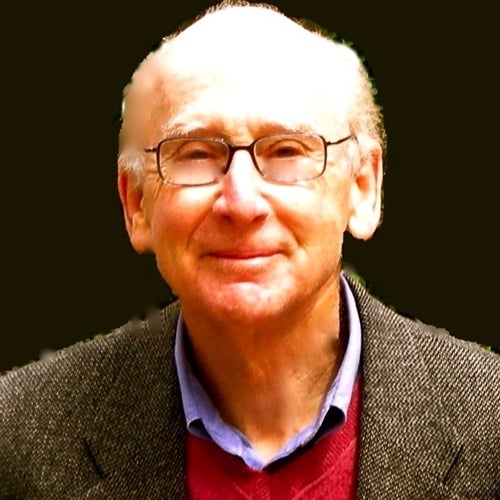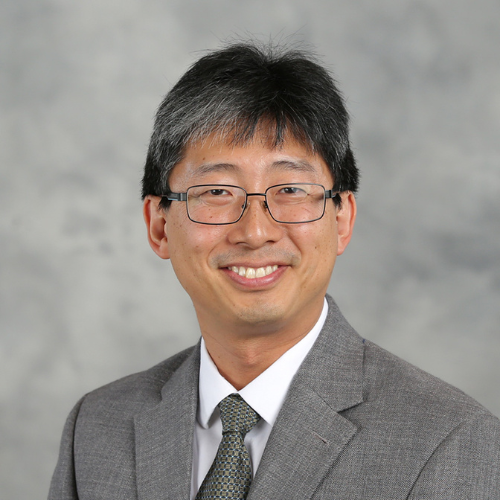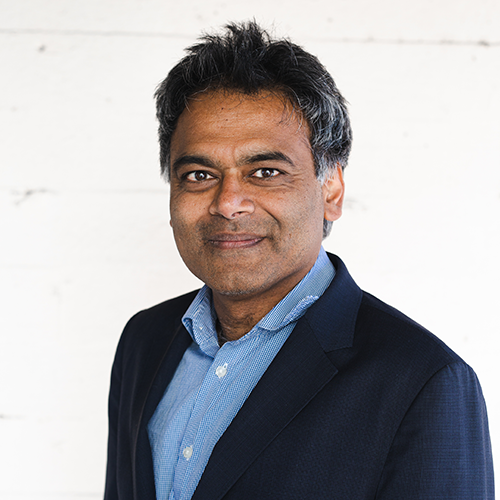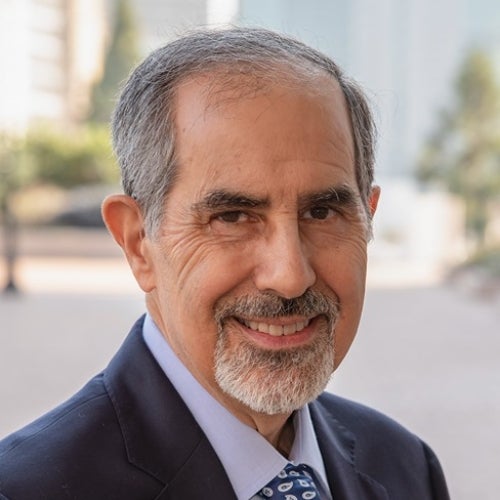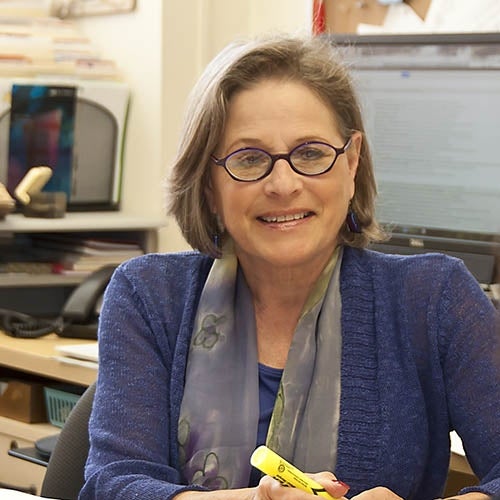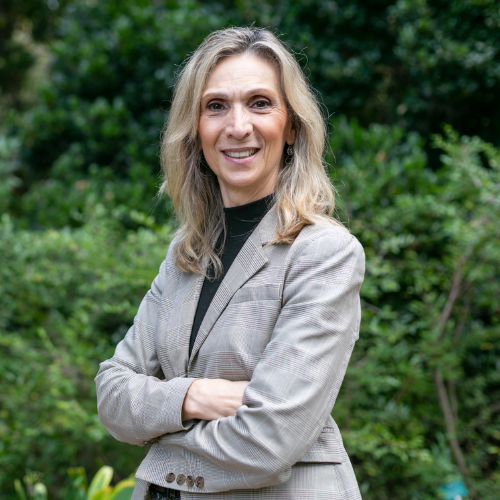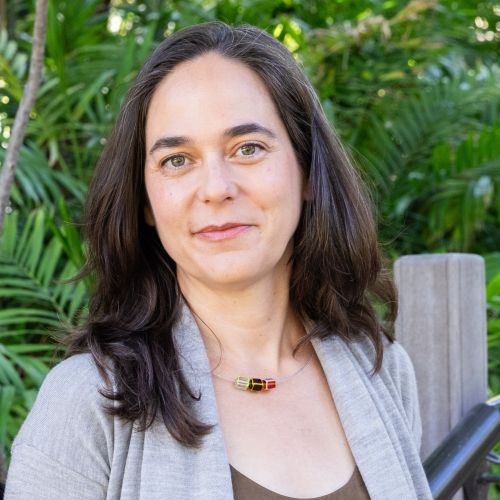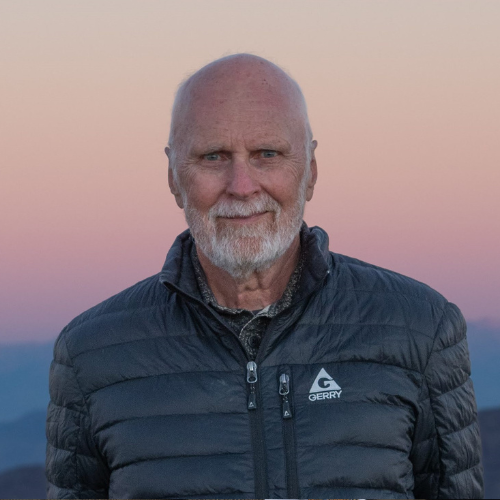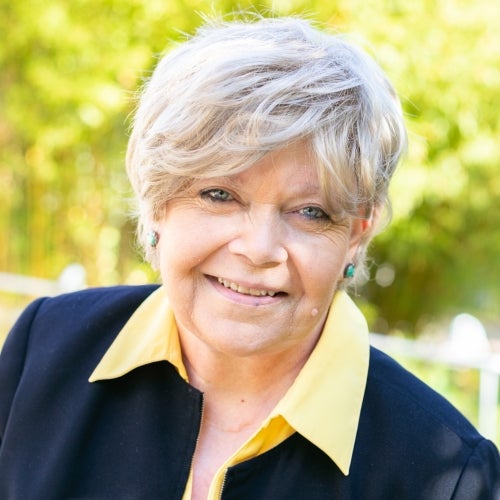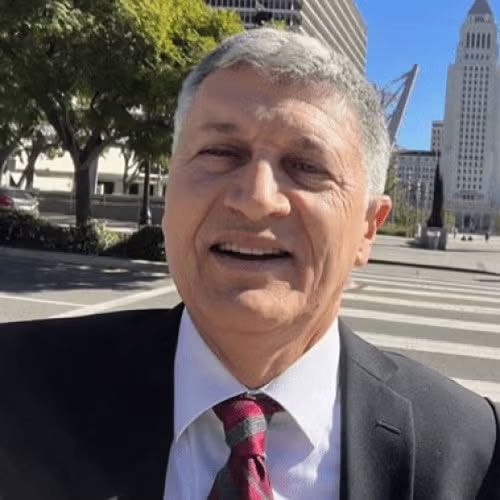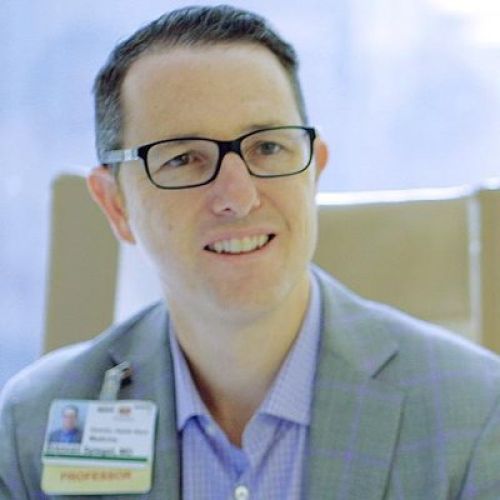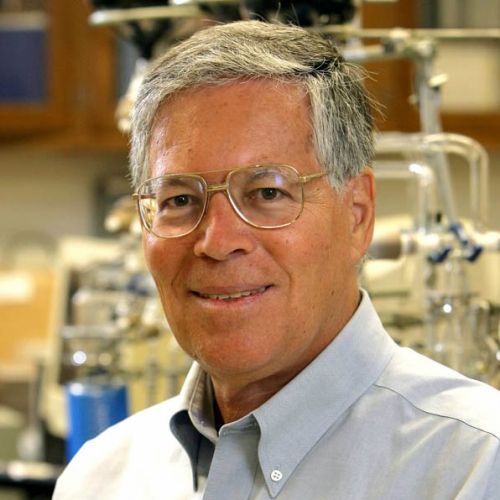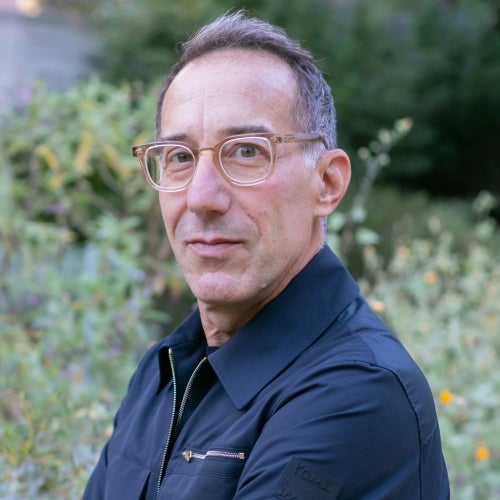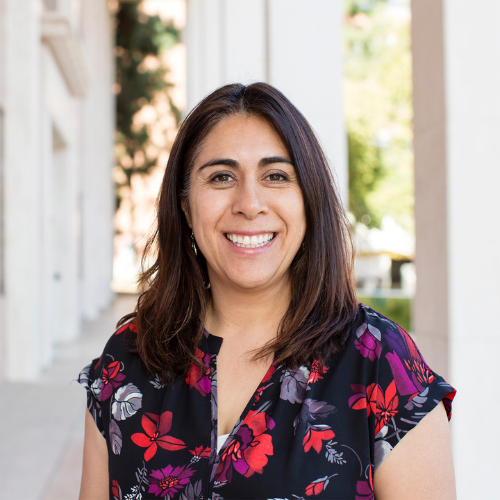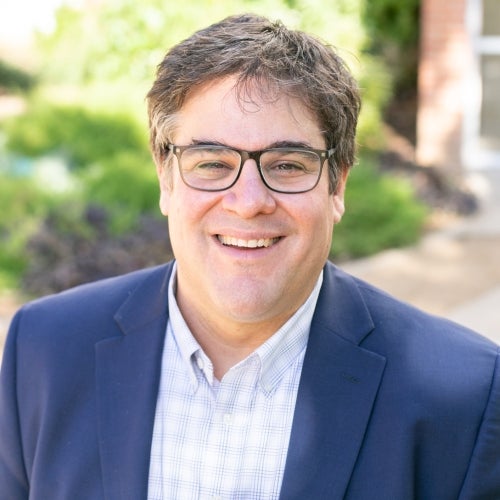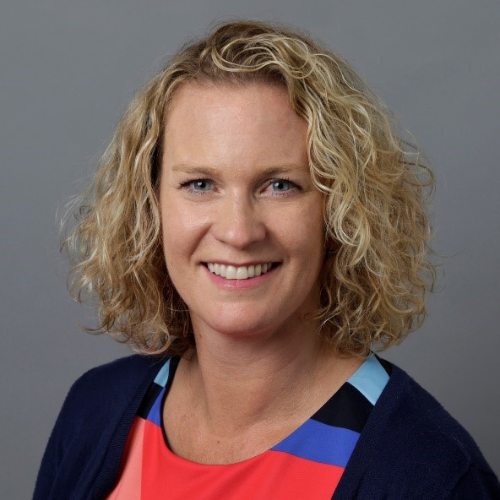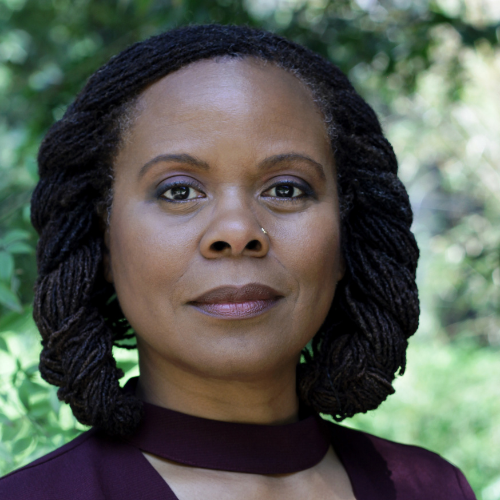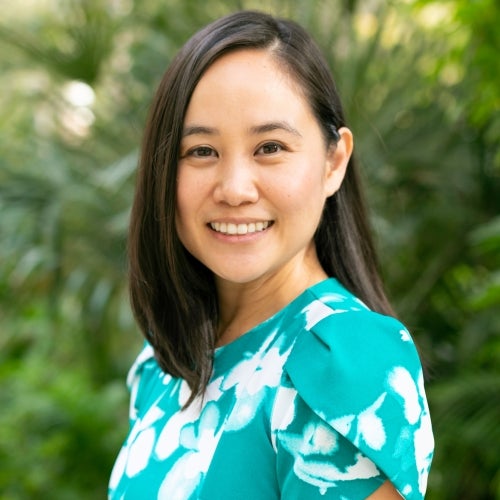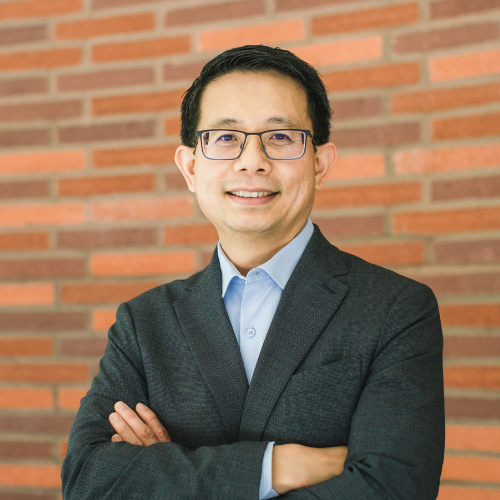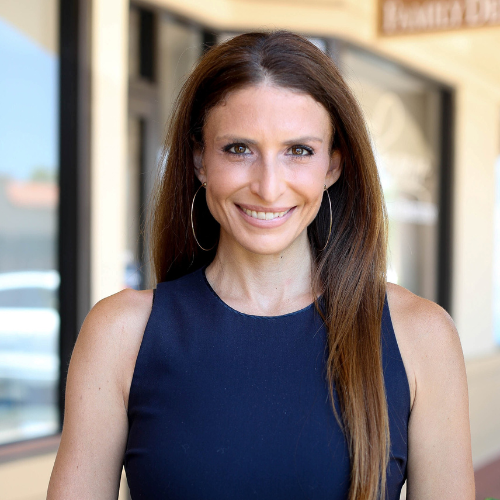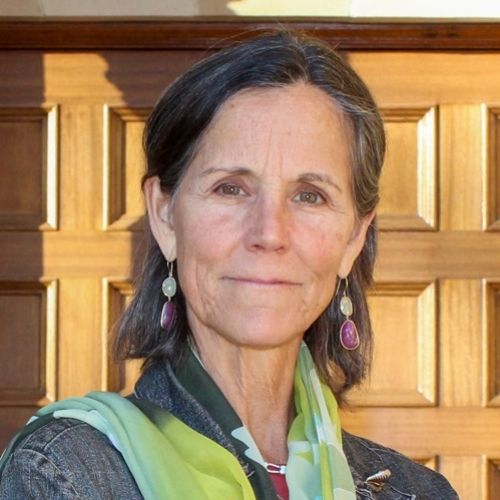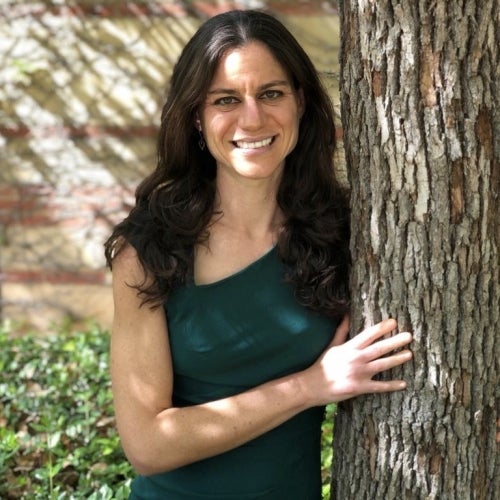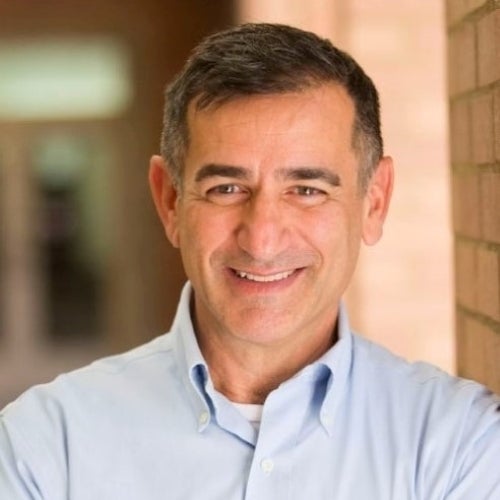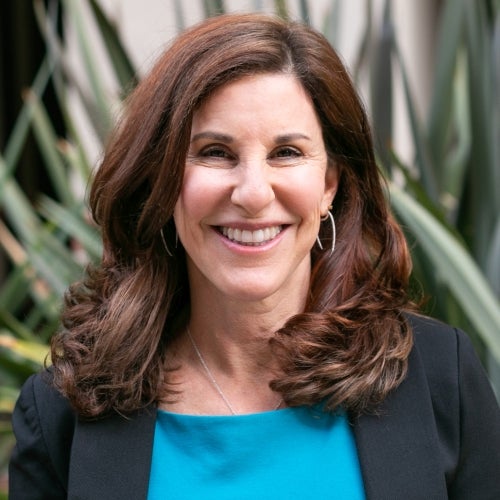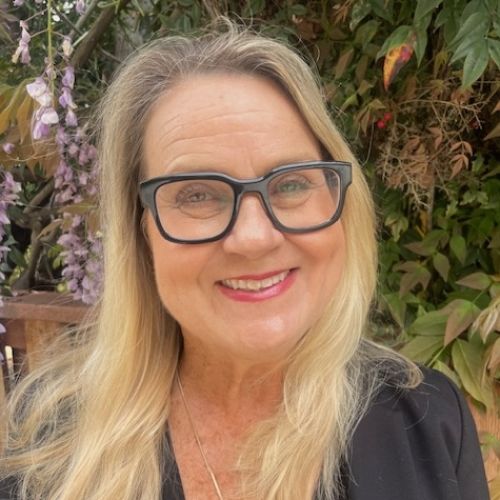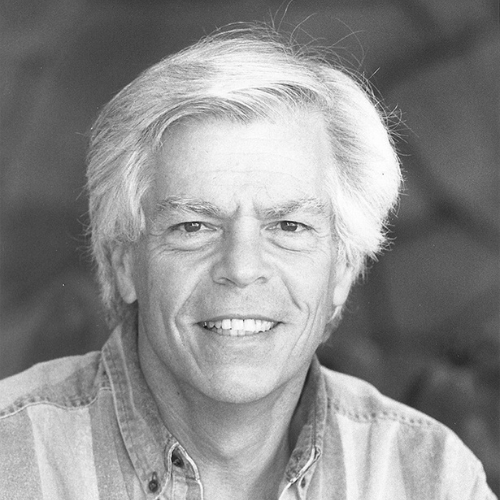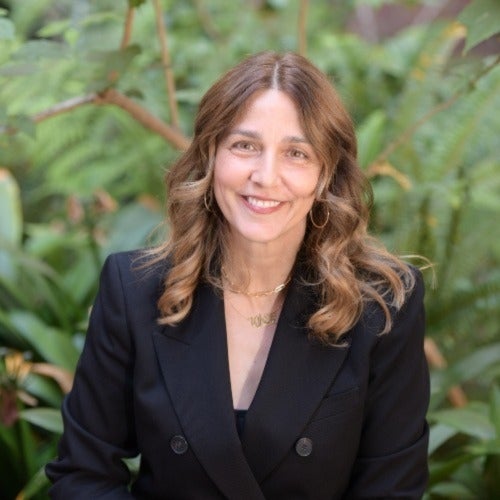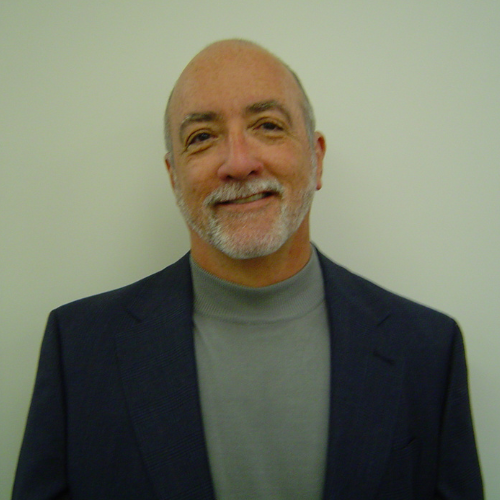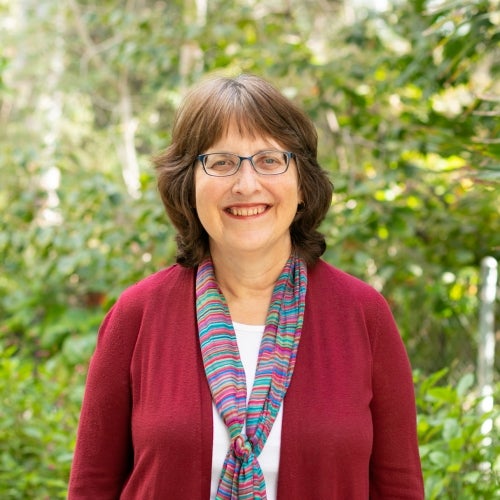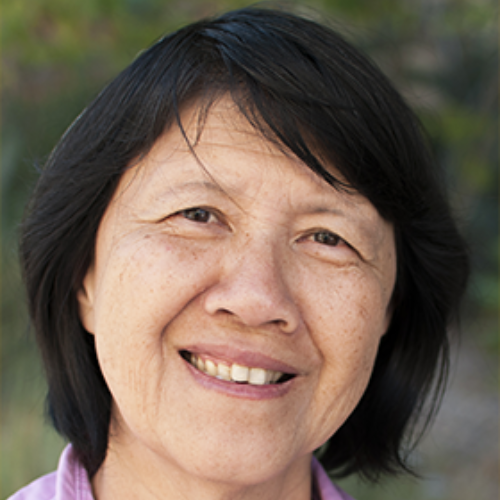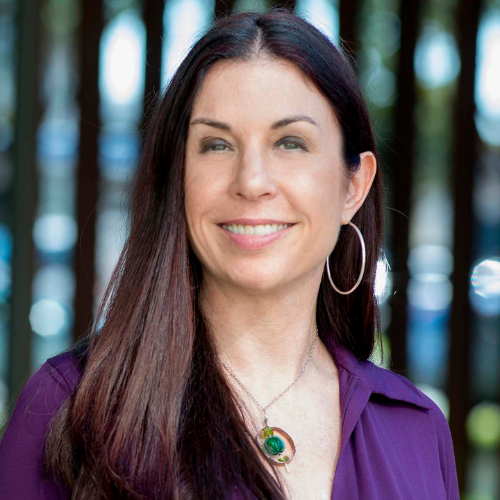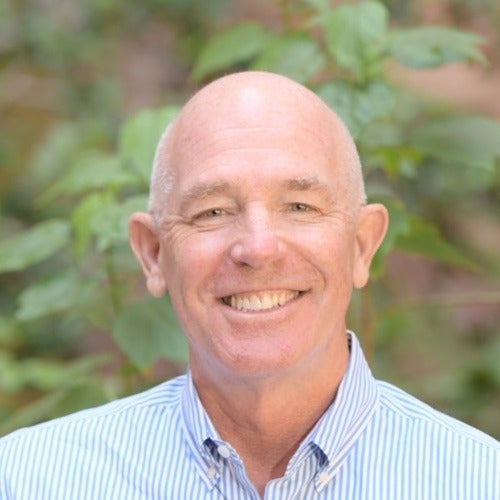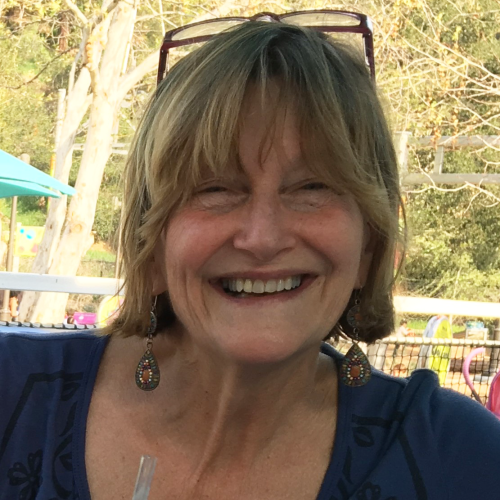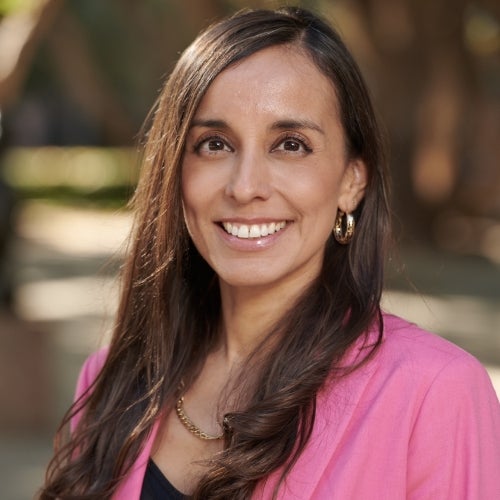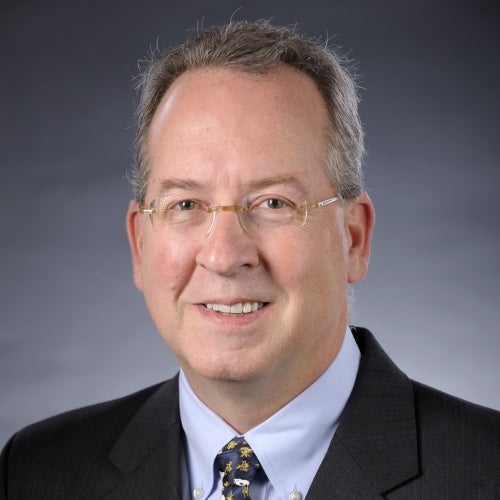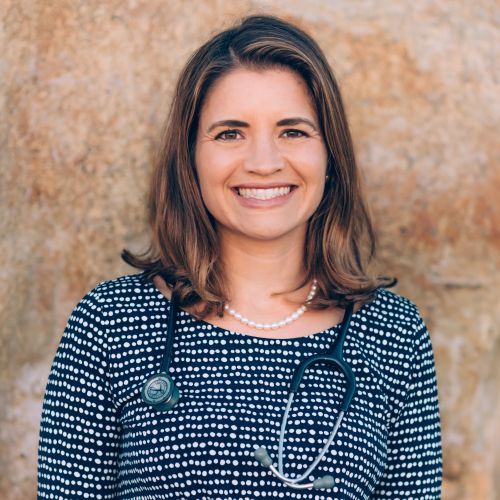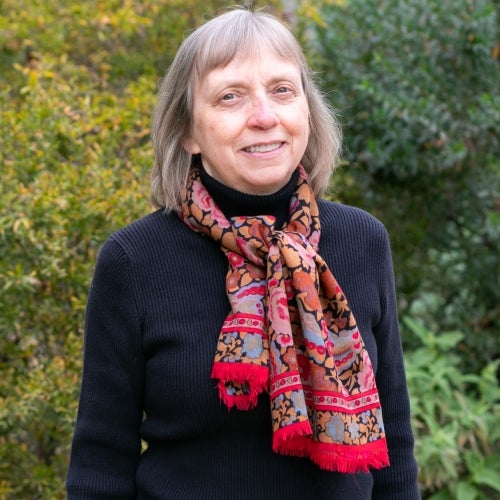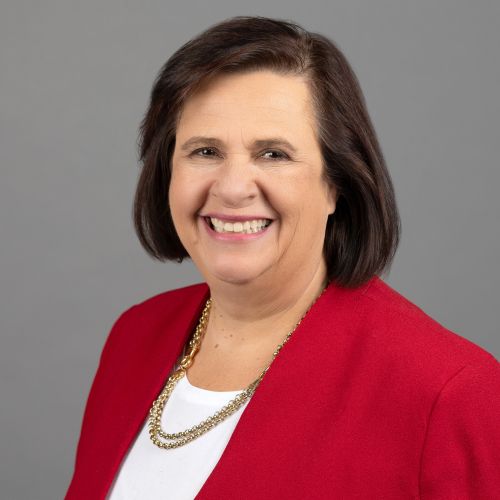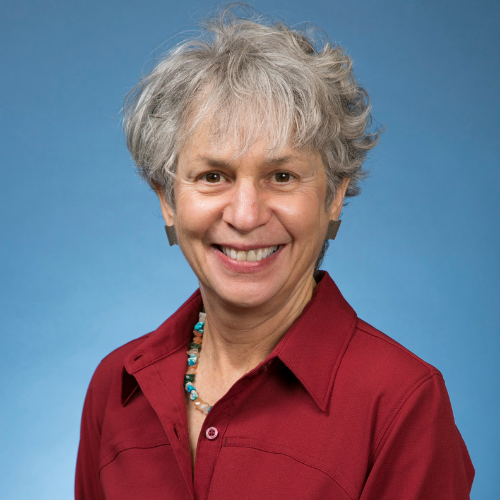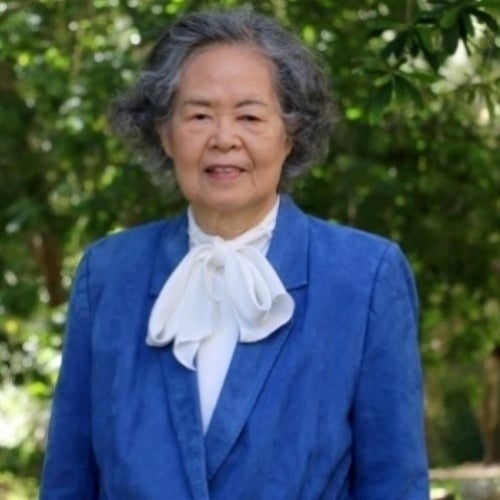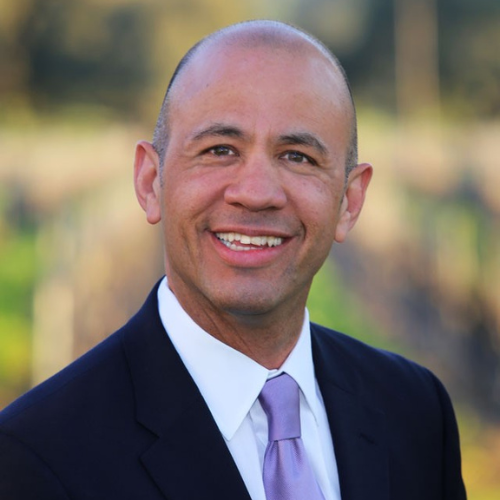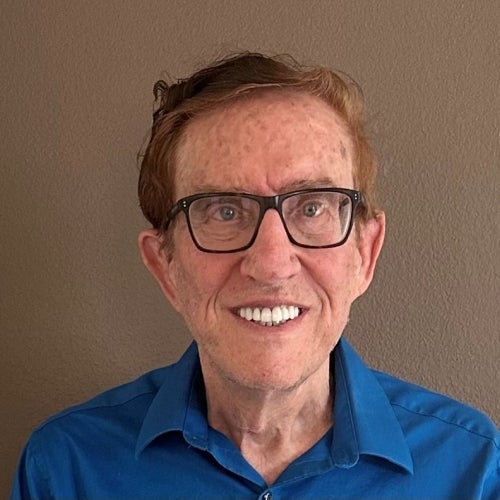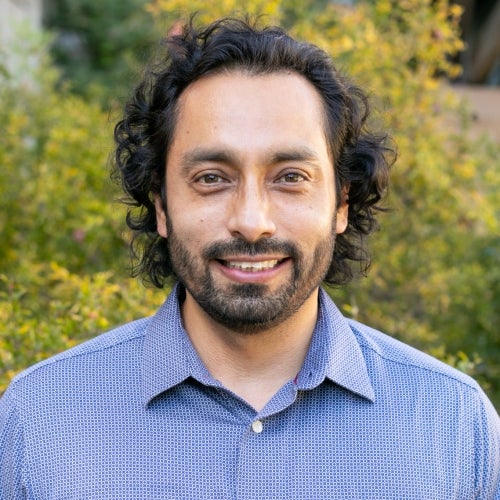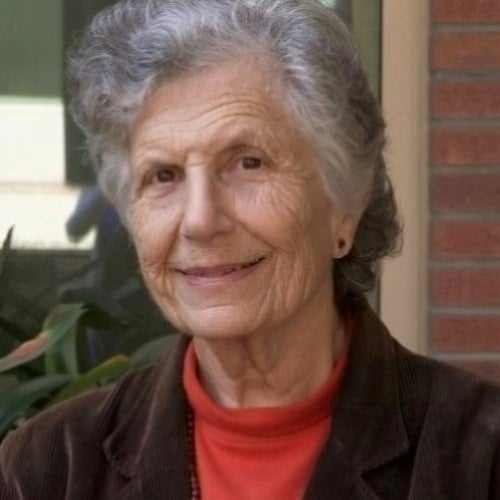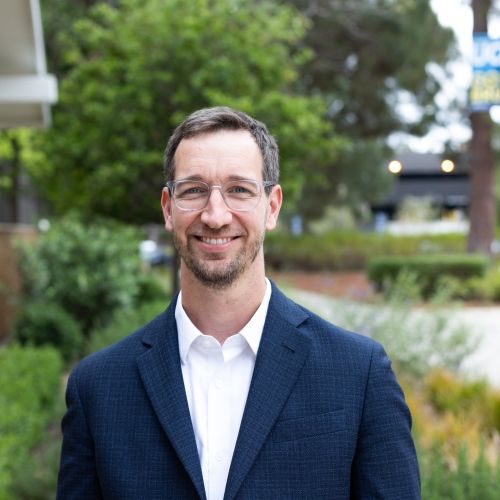Fighting the health effects of climate change is the mission for new UCLA center
In response to the escalating health emergency, the UCLA Fielding School of Public Health created the UCLA Center for Healthy Climate Solutions.

In response to the escalating health emergency that is already inflicting substantial damage on people in Southern California and around the world, the UCLA Fielding School of Public Health has created the UCLA Center for Healthy Climate Solutions.
“Los Angeles is a city that tackles our toughest challenges by tapping into the innovation and creativity in our own backyard, and this UCLA center will help us build a safer, cleaner and more equitable city and world,” said Los Angeles Mayor Eric Garcetti. Garcetti is chair of the C40 Cities, a global organization of almost 100 cities committed to action against climate change.
UCLA C-Solutions, as the center will be known, will collaborate with public officials and community partners, including the mayor’s office, to advance research-based strategies for strengthening communities’ ability to adapt to climate change’s harmful health effects and slowing its impact.
“Climate change is the most significant public health disaster we face, with effects that are already being felt and will only become more severe if we don’t take bold and immediate actions,” said Dr. Jonathan Fielding, the co-director of C-Solutions and a UCLA distinguished professor-in-residence of public health and medicine. “If we don’t solve the climate issue, we won’t have a habitable planet. End of story.”
Fielding, a national leader in public health, was Los Angeles County’s public health director and health officer for 16 years and recently co-chaired Healthy People 2030, which set national health objectives for the next decade. He said climate change should no longer be viewed solely as a future problem, but as a current crisis.
In major cities in the U.S. and around the world, more frequent heat waves are causing increased numbers of illnesses and deaths. Hotter and drier conditions are resulting in longer, more intense wildfire seasons. Warmer ocean temperatures have increased the intensity of hurricanes, cyclones, and tropical storms, and the wide-ranging effects range from flooding to a higher incidence of anxiety and depression.
While climate change ultimately affects everyone, the health risks are disproportionately felt among low-income families, people of color, outdoor workers and those with chronic health conditions, which only exacerbates existing health inequalities, Fielding said. The center will prioritize research, policy recommendations and advocacy efforts that could benefit those vulnerable groups.
“We know from research that there are many ways to mitigate or adapt to climate change that come with public health co-benefits; for example, promoting active travel with better infrastructure for walking and biking reduces greenhouse gas emissions and also increases beneficial physical activity in the population,” said C-Solutions co-director Michael Jerrett, a professor of environmental health sciences at the Fielding School.
“Studies have found that air pollution is associated with 8 million deaths a year worldwide from heart conditions, strokes, lung cancer and other health issues, and estimates indicate that moving to a more sustainable energy system to reduce climate change would save about 1 million lives a year due to air pollution reductions that happen along with reducing carbon dioxide emissions.”
Jerrett is an internationally recognized expert on the health effects of climate change and is among the top 1% of most-cited researchers in his field.
C-Solutions’ work is already underway. The center — which includes UCLA faculty experts as well as students training to serve as the next generation of climate health leaders — prioritizes research, innovation and the practical application of solutions. For example, research being conducted by Jerrett addresses the health benefits of measures to prevent wildfires and reduce exposure to related air pollution.
And to ensure that solutions will have lasting positive impact, the center is working with community organizations. An effort underway with the Prevention Institute is aimed at understanding the life expectancy benefits from increasing green space and parks, which also help people adapt to the warming climate by cooling cities.
The C-Solutions team also includes deputy director for community partnerships Dr. David Eisenman, a professor-in-residence of public health and medicine at UCLA and director of the Fielding School’s Center for Public Health and Disasters; senior researcher Brian Cole, an assistant professor-in-residence of environmental health sciences; Diane Garcia-Gonzales, a postdoctoral scholar; research associate Ellie Faustino; and Fielding School graduate students Jonathan Liu, Saud Alomair, Jonah Lipsitt, Rachel Connolly and Christina Batteate.
Written by Dan Gordon
The UCLA Fielding School of Public Health, founded in 1961, is dedicated to enhancing the public's health by conducting innovative research, training future leaders and health professionals from diverse backgrounds, translating research into policy and practice, and serving our local communities and the communities of the nation and the world. The school has 690 students from 25 nations engaged in carrying out the vision of building healthy futures in greater Los Angeles, California, the nation and the world.
Faculty Referenced by this Article
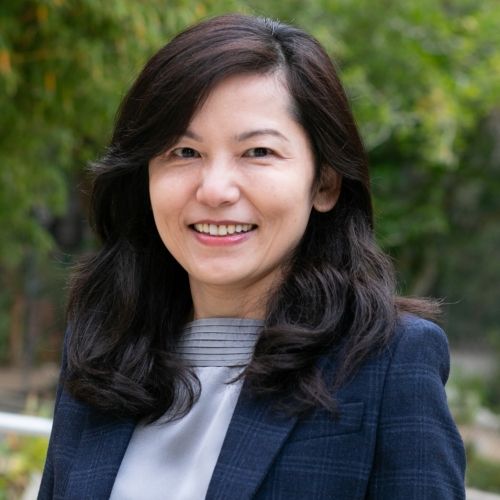
Associate Professor for Industrial Hygiene and Environmental Health Sciences

EMPH Academic Program Director with expertise in healthcare marketing, finance, and reproductive health policy, teaching in the EMPH, MPH, MHA program
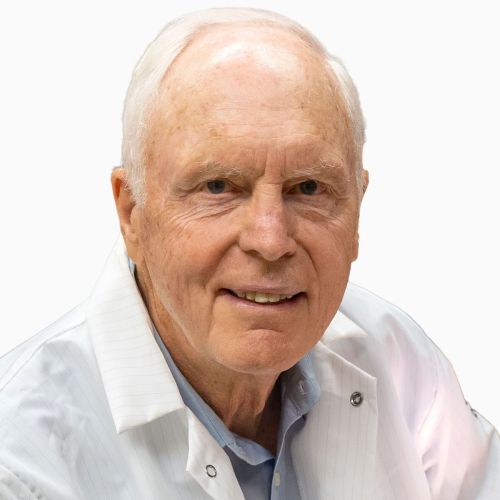
Dr. Hankinson is a Distinguished Professor of Pathology and Laboratory Medicine, and of EHS, and Chair of the Molecular Toxicology IDP
Nationally recognized health services researcher and sociomedical scientist with 25+ years' experience in effectiveness and implementation research.

Professor of Community Health Sciences & Health Policy and Management, and Associate Dean for Research

Dr. Michelle S. Keller is a health services researcher whose research focuses on the use and prescribing of high-risk medications.

Dr. Ron Andersen is the Wasserman Professor Emeritus in the UCLA Departments of Health Policy and Management.
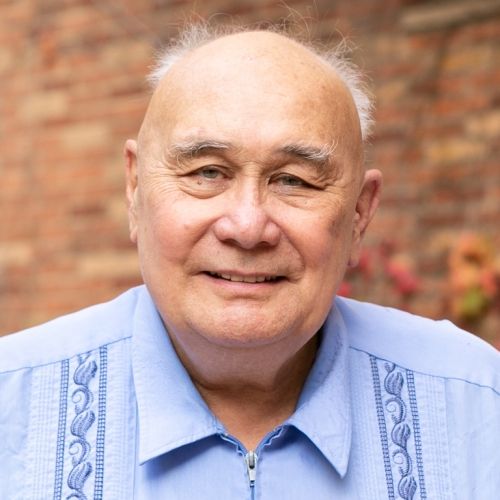
Industrial Hygiene & Analytical Chemistry

Robert J. Kim-Farley, MD, MPH, is a Professor-in-Residence with joint appointments in the Departments of Epidemiology and Community Health Sciences
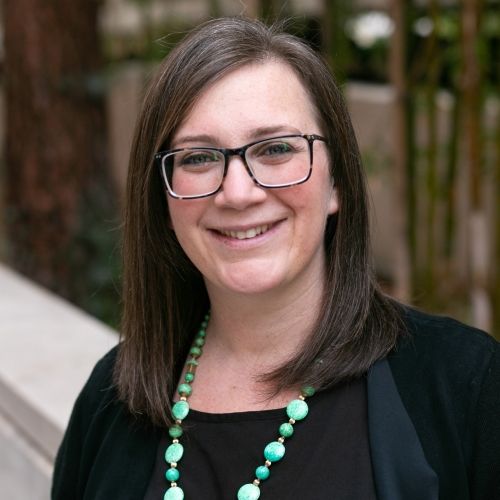
Director of Field Studies and Applied Professional Training

Industrial Hygiene & Analytical Chemistry
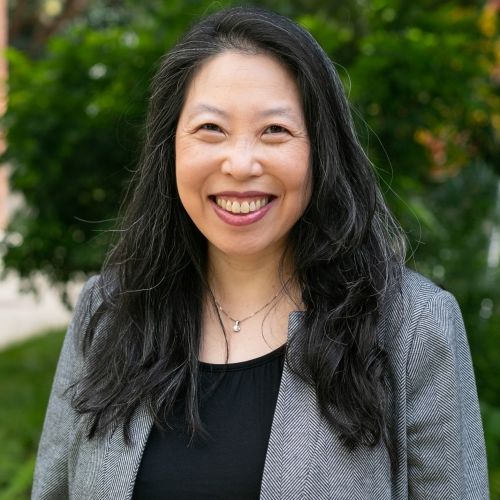
Assistant Dean for Research & Adjunct Associate Professor of Community Health Sciences

Professor of Community Health Sciences & Health Policy and Management, and Associate Dean for Research

Dr. Hankinson is a Distinguished Professor of Pathology and Laboratory Medicine, and of EHS, and Chair of the Molecular Toxicology IDP

Associate Professor for Industrial Hygiene and Environmental Health Sciences

